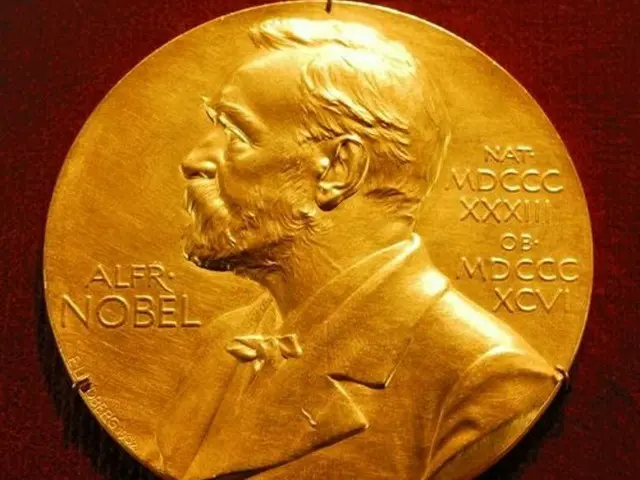Susumu Kitagawa, a special professor at the Institute for Advanced Study, was awarded the Nobel Prize in Chemistry. The number of Japanese Nobel Prize winners, including researchers who have acquired US citizenship, is now 30, with one organization.
To date, Korea has had one winner of the Peace Prize and one winner of the Literature Prize, but has yet to win a prize in the science field. Therefore, "Nobel Week," when the various Nobel Prizes are announced, is a time of great significance for Korea.
It seems like a rather depressing week, as we are once again made painfully aware of the gap between China and its rival, Japan, in the field of science and technology.
On the 4th of this month, before "Nobel Week," the Korean media Herald Economy wrote in an article, "25
:0,' this is a comparison of Japanese and Korean Nobel Prize winners,' emphasizing the disparity in the number of winners compared to Japan.
He predicted that there is "not a single scholar" and that "it seems likely that there will be no science Nobel Prize winners from Korea this year." He then asked, "Why is there no Nobel Prize winner from Korea?"
"Of course, we must take into consideration that Korea's science and technology research began in earnest in the 1970s, and that the period for accumulating achievements is short. This is relatively weak compared to Japan and China.
However, there are also voices of regret that Korea's backward research environment, which is obsessed with short-term results, is holding it back."
"The phenomenon of talented students concentrating in medical schools is also serious," he said, pointing out the recent tendency of Korean university applicants to place too much emphasis on medical schools.
Compared to universities, there are fewer students majoring in science and physics, and there are not enough researchers in those fields. Furthermore, the media reported, "This is not a new phenomenon, but talented people are avoiding science and engineering.
Professor Lim Kyung-sun, an emeritus professor at Pohang University of Science and Technology in South Korea who has long studied the Nobel Prize, previously told the Korean newspaper JoongAng that
In an interview with the Ilbo newspaper, he said, "Nowhere in the world is there a country that is as desperate for a Nobel Prize as we are." This shows how much Korea desires to produce a Nobel Prize winner in the field of science.
On the other hand, the Korean media has been paying attention to the trends of Chinese recipients as well as Japanese recipients. China has had a total of three recipients (including Chinese nationals) in the Nobel Prize in Physiology or Medicine, Literature, and Peace.
This year, among the 22 recipients of the "Citation Laureates" of the British research company Clarivate, which is considered a "stepping stone" to winning the Nobel Prize, is J.
The list includes Zhang Tao, a member of the Chinese Academy of Sciences (CAS). South Korean media outlet E-Daily reported that "the fact that a researcher working at an institution in mainland China was selected for the first time shows the recent rise in China's status."
Although Jang did not win a Nobel Prize this year, Korean researchers or researchers affiliated with Korean institutions have even been awarded the Citation Laureate.
The last recipient was the late Professor Lee Hwang of Korea University in 2021, and no Koreans have won the Nobel Prize since then. Unfortunately, this year too, no Koreans have won the Nobel Prize.
Before Nobel Week, it seems that Koreans are feeling more disappointed than excited about the award, but for long-term, steady research, continuous support from the state is also essential.
The Lee Jae-myung administration has increased the research and development budget for next year. In August of this year, the South Korean government announced that the research and development budget for science and technology for 2026 would be 35.3 trillion won, a 19.3% increase from the previous year.
The research and development budget was cut under the previous Yoon Seok-yeol administration, but the Lee administration, which took office in June this year, has increased it to the same level as in the past.
The largest budget was compiled.
2025/10/14 11:30 KST
Copyrights(C)wowkorea.jp 2

